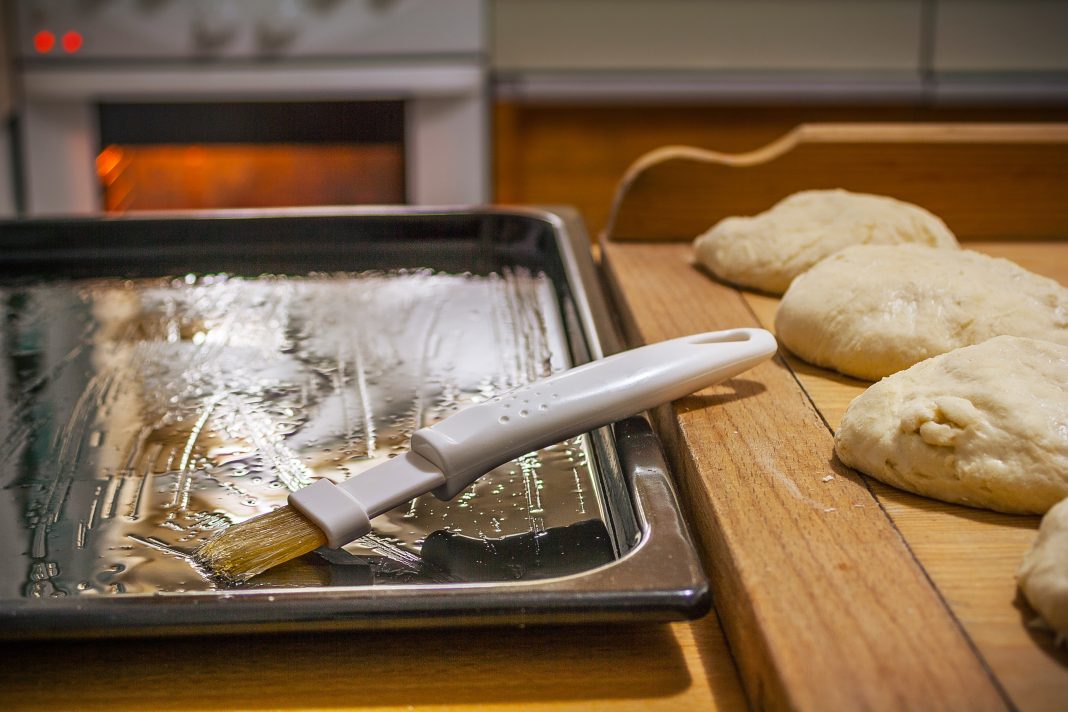Submitted by Joanne Lind for the WET Science Center
The kitchen is often the heart of the home – where meals are prepared and people gather. During the holidays, there may be extra cooking and extra dishes to wash. Don’t let clogged plumbing spoil things!

Plumbing clogs can be a household disaster, causing dirty wastewater to back up into your home. Clogs may require calling a plumber for repairs, which can be costly. Fortunately, there is a simple way to prevent clogs caused by fats, oils, and grease (FOG). Keep FOG from food preparation and clean-up from going down the drain. Even if the fats are liquid to start, they cool, solidify, and build up in your pipes.
FOG is found in food scraps, meat fats, cooking oil and shortening, butter and margarine, and sauces, like salad dressing and mayonnaise. It is also in dairy products, including milk, yogurt, ice cream, and cheese.
Three steps for preventing clogs
- Put fats, oils, and grease into a container with a lid, allow to solidify, and then put it in the trash. Do not pour FOG down the drain.
- Wipe up greasy dishes and pans with paper towels before washing, and put paper towels in the trash.
- Put food scraps into the trash instead of using a garbage disposal.
If you have large amounts of cooking oil, you can dispose up to 5 gallons for free at HazoHouse at the Thurston County Waste and Recovery Center.
Preventing clogs at home helps protect the community’s sewer system
Keeping FOG out your drains can help prevent blockages in the community’s sewer system and protect equipment and processes at LOTT’s wastewater treatment facilities. When fats, oils, and grease enter the sewer system, they build up inside of the sewer pipes and pumps. This can result in blockages, sometimes called “fatbergs”, which may cause raw sewage to spill into the street or environment, or damage equipment. This can result in expensive clean-up, repair, or replacement of damaged property.
Your efforts to trash the FOG instead of letting it go down the drain helps prevent clogs at home and in the community’s sewer system.

















































